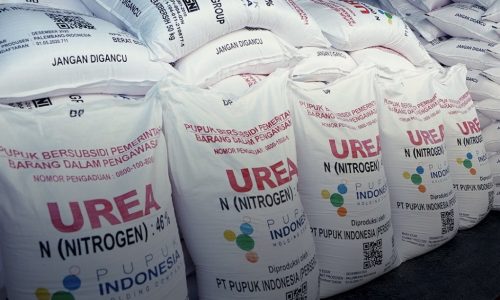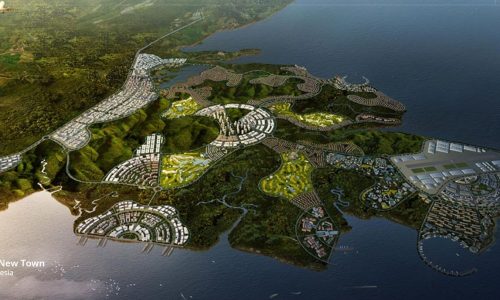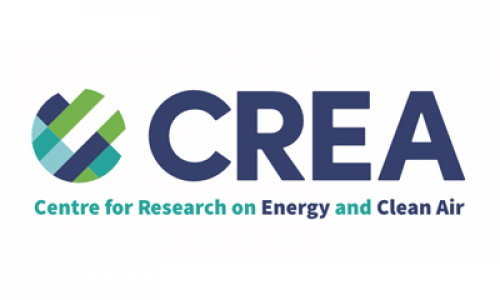One month after designating three corporations as suspects in the cooking oil corruption case, the Attorney General’s Office (AGO) finally questioned the Coordinating Minister for Economic Affairs, Airlangga Hartarto.
The General Chairman of the Golkar Party was interrogated for 12 hours at the office of the Deputy Attorney General for Special Crimes on Monday, July 24, 2023.
During the questioning, the prosecutors bombarded the 60-year-old Airlangga with 46 questions regarding his alleged involvement in the corruption case, which caused a state loss of IDR 6.47 trillion.
The examination of Airlangga was done following the Supreme Court’s cassation decision against five convicts in the cooking oil corruption case last May.
Ketut Sumedana, the head of the AGO’s Legal Information Center, explained that this ruling provided a basis for investigators to incriminate three cooking oil producing companies as suspects.
The three corporations under investigation are Wilmar Group, Musim Mas Group, and Permata Hijau Group. Investigators believe that the business decisions made by these companies, choosing to export palm oil instead of domestic production, led to a shortage of cooking oil last year.
The three company leaders had already been convicted in this case. They are the Chairman of PT Wilmar Nabati Indonesia, Master Parulian Tumanggor, the Senior Manager of Corporate Affairs at Permata Hijau Group, Stanley Ma, and the General Manager of PT Musim Mas, Pierre Togar Sitanggang.
The investigators also designated the Director General of Foreign Trade at the Ministry of Trade, Indrasari Wisnu Wardhana, and a member of the Minister Airlangga Hartarto’s Assistance Team, Lin Che Wei, as suspects in this case. Lin Che Wei’s examination served as a gateway to interrogate Airlangga.
Homing in on Airlangga
Airlangga Hartarto’s involvement in the cooking oil case became evident through the presence of Lin Che Wei. Lin was a member of Airlangga’s Assistance Team through the Coordinating Minister for Economic Affairs’ Decree No. 376 of 2019.
In that team, Lin was responsible for handling food and agriculture, including the issue of cooking oil scarcity as a derivative product of palm oil.
According to the investigators, the defendants in the cooking oil corruption case, including Lin, repeatedly mentioned the names of Airlangga Hartarto and Muhammad Lutfi as influential figures in formulating policies related to handling the cooking oil scarcity.
Airlangga was alleged to have influenced several policies related to cooking oil scarcity, which benefited palm oil companies. Meanwhile, Lutfi acted as Airlangga’s intermediary in making those policies.
(Non)Political motive
The examination of Airlangga’s role in this case took place in the lead-up to the 2024 political year. Moreover, shortly after he was questioned as a witness, Airlangga’s position as the Chairman of Golkar Party was threatened by rumors of an extraordinary national congress (munaslub) of Golkar.
The AGO’s investigation of Airlangga also occurred four months before the closing of candidate registrations for the presidential and vice-presidential elections.
At the same time, Airlangga was also rumored to be approaching a coalition party supporting Anies Baswedan, a candidate not backed by President Joko Widodo.
In a statement on Sunday, July 30, 2023, the Indonesian AGO asserted that the examinations of Airlangga Hartarto and former Trade Minister Muhammad Lutfi were not politically motivated.
“In recent times, every major case has been linked to politicization, coincidentally during the political year,” said Ketut Sumedana, the head of the AGO’s Legal Information Center, in a written statement to journalists on Sunday, July 30, 2023.
Ketut emphasized that the AGO’s actions were purely in accordance with the enforcement of the law, ranging from the BTS BAKTI tower corruption case in the Ministry of Communication and Information Technology to the CPO case.









